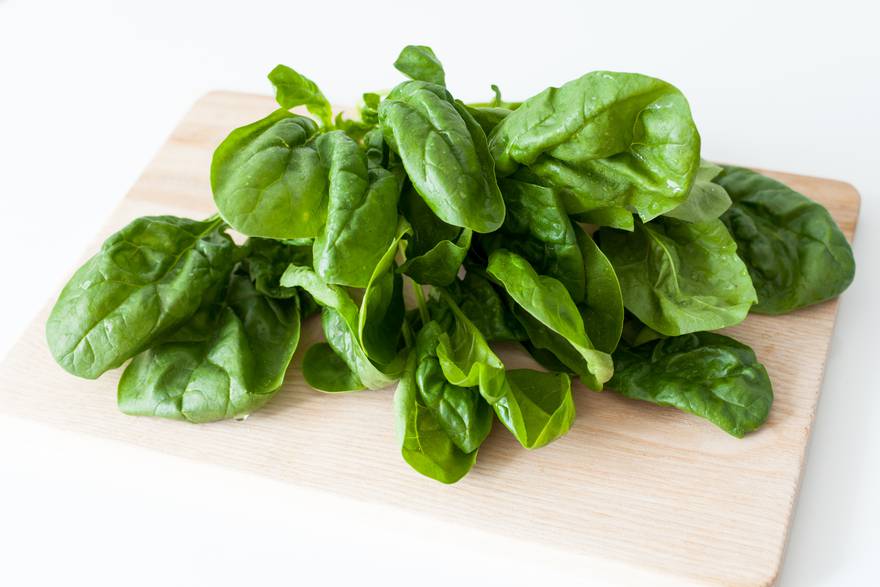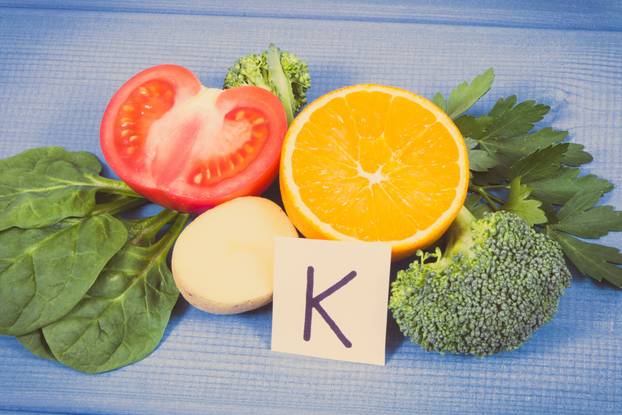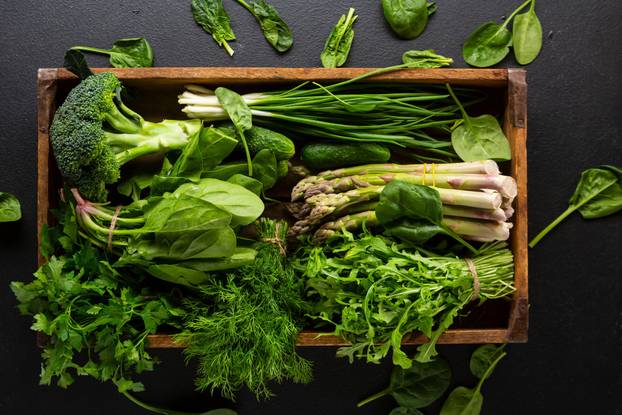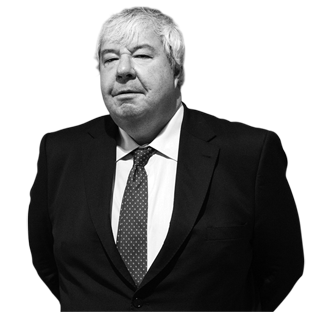Many don’t have enough: this vitamin is the key to eternal youth

Scientists have found that one often neglected vitamin can slow down aging. For years he has been in the shadow of more popular vitamins like C or D, known only for his role in blood clotting. But the latest research reveals his incredible power to fight aging, protecting hearts, preserving bone. It is a vitamin K.
View the video:
00:50
Anti Age diet: For ironing wrinkles eat nuts and spinach
Vitamin K
It has long been considered to be the only important role of vitamin K aid in blood coagulation. Although this function is vital, it has overshadowed others, equally important roles that this vitamin has in our body. Only recently, scientists have started to understand the full potential of Vitamin K, especially its subspecies K2, in preserving health and slowing down the aging process.
Vitamin K is really not one vitamin, but a group of fat melts. The two main forms we find in the diet are:
Vitamin K1 (Philokinon): It is located primarily in green leafy vegetables. The body can turn it into K2, but this process is not always effective.
Vitamin K2 (Menakinon): It is found in fermented foods and products of animal origin, and it is produced by good bacteria in our gut. There are several subtypes of Vitamin K2 (eg MK-4, MK-7), and research suggests that K2 has a longer and stronger effect on health of K1, especially when it comes to bone health and blood vessels.
Vitamin K operates on several key areas associated with aging:
Heart and blood vessel health
Studies show that people with higher vitamin K2 intake have a significantly lower risk of calcification of artery and death from heart disease. One study found that people with the highest intake of Vitamin K had a 36 percent less likely to death than any cause compared to those with the lowest intake.
Solid bones
While arteries can be calculated by aging, the bones become porous and prone to fractures (osteoporosis). Vitamin K plays a key role here, activating osteocalcin protein. Activated osteocalcin helps « bind » bone calcium, making them stronger and goose.
Research, especially on postmenopausal women, showed that supplementation of vitamin K2 can significantly improve the mineral density of bone, strengthen the bones and reduce the risk of fractures.
Antioxidant activity
Vitamin K acts as a powerful antioxidant, protecting cells from damage caused by free radicals. Some studies suggest that it is even more effective than Vitamin E or coenzyme Q10. These antioxidant properties contribute to the protection of the skin, brain and other tissues from aging.
Why do we miss Vitamin K?
Although severe clinical defication of Vitamin K (which causes clotting problems) is rare in healthy adults, reaching optimal levels for long -term bone health, heart health and aging can be a challenge. There are several reasons for this:
1. Focus on K1: Food guidelines and public awareness are mainly focused on vitamin K1 from green leafy vegetables. Although K1 is important, K2 (from fermented foods and animal products) shows stronger protective effects on the bones and blood vessels.
2. Lack K2 in diet: foods rich in Vitamin K2, such as Nattō (fermented soybean), goose liver or hard cheeses, is not common in Western diet. Even usual sources such as eggs or meat contain variable quantities, depending on the nutrition of the animal.
3. Food processing: some processes of food processing, such as hydrogenation of vegetable oils (margarine formation), can create unnatural forms of Vitamin K that interfere with the effect of natural vitamin.
4. Insufficient recommendations: official recommended daily doses (about 90-120 micrograms) are based primarily on blood clotting needs. Many experts believe that these doses are insufficient for optimal bone protection and blood vessels and anti-aging effects.
5. MEDICINES: Some drugs, such as antibiotics (which can destroy the intestinal bacteria that produce K2) and anticoagulants (such as Varfarin/Coumadine, which directly interfere with Vitamin K action) can lead to reduced levels or functionality of Vitamin K.
How to increase Vitamin K intake?
The best way is a balanced diet:
Vitamin K1: Green leafy vegetables (kale, spinach, chard, broccoli, sprouts).
Vitamin K2:
Best sources: Nattō (extremely rich but specific taste), goose liver.
Good sources: hard cheeses (gouda, brie), soft cheeses, egg yolks, butter, chicken liver, chicken (especially dark meat and skin), beef, sauerkraut (if fermented natural).
Moderate sources: milk, kefir and dairy products.
Since achieving optimal levels, especially K2, can only be difficult to eat, consider the supplement of diet, especially if you are in a risk group (elderly, postmenopausal women, people at the risk of cardiovascular disease). MK-7 supplements are considered particularly effective due to longer retaining in the body. Before consumption, consult your doctor.






/s3/static.nrc.nl/wp-content/uploads/2025/05/17005626/web-1605nws_medin.jpg)


